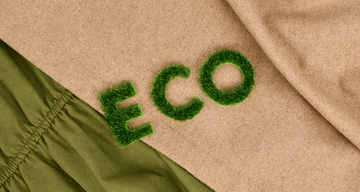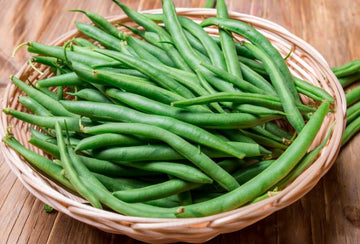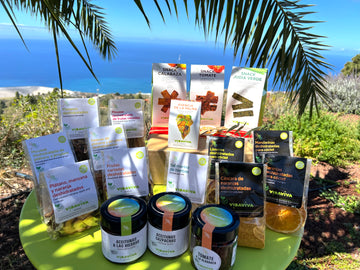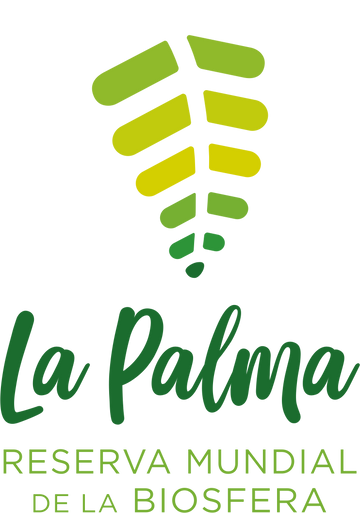In a world increasingly marked by industrial food production and intensive resource use, organic food is emerging as a conscious response to the challenges of health, sustainability, and food justice. It is not a passing fad, but an informed choice based on scientific, ethical, and environmental criteria. Choosing organic products means embracing a healthier, fairer, and more environmentally friendly production model.
1. Less toxic, better health
Organic foods are grown without pesticides or synthetic fertilizers , as required by Regulation (EU) 2018/848, which regulates organic production throughout Europe. This method of farming significantly reduces our exposure to toxic residues, especially organophosphate pesticides, which are linked to health problems such as asthma, neurological diseases, and certain types of cancer.
A meta-analysis led by Newcastle University ( British Journal of Nutrition , 2014) revealed that organic products contain up to 69 % of the % more antioxidants and 50 % less cadmium , a heavy metal that is toxic to the body. Furthermore, those who regularly consume organic foods have much lower levels of pesticides in their urine, demonstrating their positive effect on human health.
2. More nutrients and authentic flavor
Beyond their safer profile, organic foods also stand out for their higher nutritional quality . Various studies have shown that they contain higher levels of vitamins, polyphenols, and flavonoids, antioxidant compounds that help prevent cardiovascular disease and strengthen the immune system.
Additionally, organic foods tend to have more dry matter , which means they contain less water and more nutrients per bite. This also impacts the flavor: more intense, more natural, and closer to the food as it comes from the earth. For example, organic tomatoes have higher concentrations of vitamin C and antioxidants, as well as a more concentrated and balanced flavor.
3. Real sustainability and biodiversity
Organic farming goes far beyond avoiding chemicals. Its positive impact on the environment is tangible: it protects biodiversity , improves soil health, preserves aquifers, and reduces erosion. According to the FiBL Institute (2025), organic farms maintain a greater variety of plant and animal species , improve water retention, and promote natural ecosystem cycles.
Local consumption and local production are also promoted, which significantly reduces emissions associated with food transportation and supports small farmers. In areas like the Canary Islands, opting for organic products also means supporting a vibrant, sustainable agricultural economy connected to its territory.
4. The fair price of eating well
It's true that organic products sometimes have a slightly higher price tag. But have you considered the hidden costs of conventional products?
Water pollution, loss of biodiversity, diseases caused by pesticide use, climate crisis... Cheap things often come at a high price.
Choosing organic means opting for a fairer, healthier and more sustainable food system .
🌿 Conclusion
Organic isn't a fad. It's a consistent way to take care of your health, the planet's, and support those who grow crops with respect and dedication.
Every time you choose organic, you're investing in yourself. And in a better future for everyone.
📚 Featured Scientific References
- Barański, M. et al. (2014). “Higher antioxidant and lower cadmium concentrations in organically grown crops.” British Journal of Nutrition .
- Vigar, V. et al. (2020). “Organic food and human health: a systematic review.” Nutrients .
- Mie, A. et al. (2017). “Human health implications of organic agriculture.” Environmental Health .
- FiBL Institute (2025). “Biodiversity and climate benefits of organic farming.”





